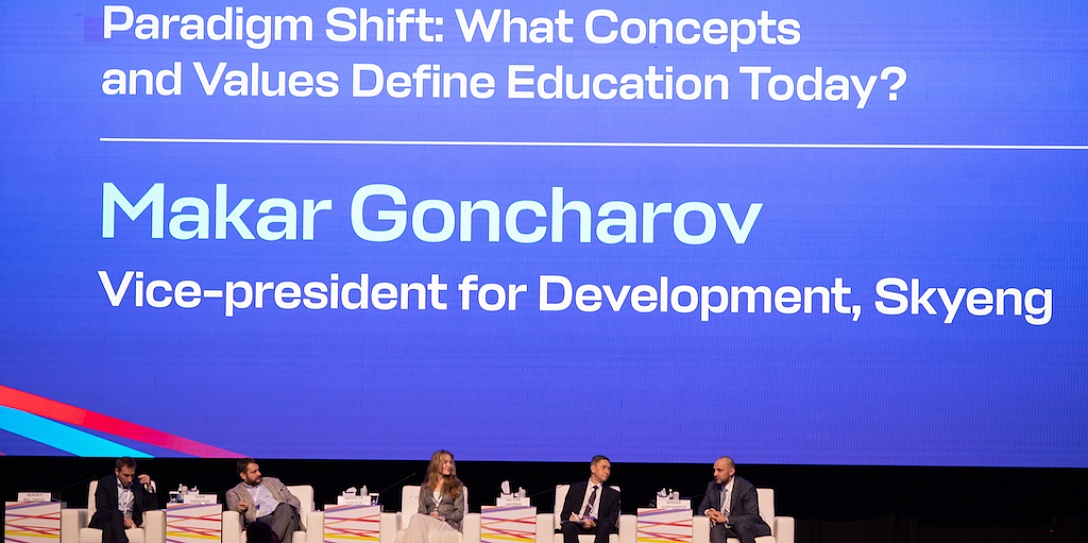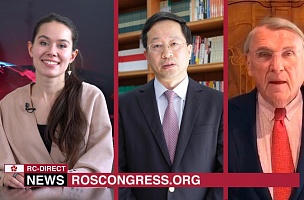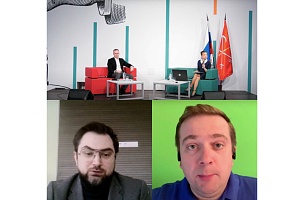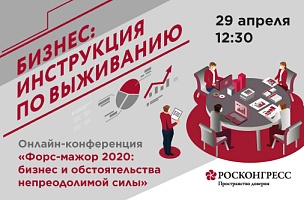An expert discussion on the future of Russian education took place at the World Expo 2020 in Dubai. The session focused on the key conclusions that the educational system has reached towards the end of the second pandemic year, what society wants from the system, whether there is competition between the private sector and the state, and the role played by those for whom education works – the children themselves – in the process of changing the paradigm. The panel discussion ‘Paradigm Shift: What Meanings and Values Shape Education Today?’ was held as part of the ‘Russia Forum: Driving the Future’, which is supported by the Russian Ministry of Industry and Trade and the Roscongress Foundation.
“Today, society consists of different people who look at our world in different ways and are able to adapt in different ways. Some of them know how to do it better, while some of them are worse at it,” Ozon CEO Sergey Belyakov, the session moderator, said as he set the tone for the meeting.
Content Foundation Director Yelena Sokolova opened the discussion:
“The breakthrough project Point Junior – a platform for interaction between adolescents, representatives of the government, social institutions, and business – was created specifically based on the principle of this ‘diversity’. The project participants include high school students, students of technical schools and colleges, and graduates of social institutions. We receive information from them in real time about what is changing in education and how. Today, we can see that we haven’t invented a universal magic wand that will solve all the difficulties, but there are ideas and case studies that can be scaled to become a serious effective force, and they come from those for whom the education system works every day,” Sokolova said.
Vorobyovy Gory Scientific and Tech Cluster CEO Viktor Vaipan and Innopraktika Deputy CEO Natalya Popova reaffirmed the importance of focusing on human needs and the ability to involve the audience in real practical activities. Popova said the pandemic forced people to rethink their values in all spheres of life. Focusing on human capital is crucial today, both in terms of developing world-class technologies and the wellbeing of citizens.
During the discussion, the speakers focused on competition between fundamental education – public education and the EdTech segment, which has received a big boost for development in recent years.
“EdTech doesn’t compete with the formal education system. Schools and universities are strong in that they provide a foundation, and our clients often include people who want to acquire knowledge and skills that are relevant here and now and immediately start applying them in a professional field or, for example, get high marks on the basic and unified state exams,” SkyEng Vice President Makar Goncharov said. “One of the advantages of our industry is that it quickly responds to changes and demand, so we can quickly create products that are in demand for all participants in the education system. In addition, technology is helping to take data-driven decisions and this helps make education more personalized.”
“All this, amidst healthy competition among companies, will result in market players competing with each other for the quality of their content and educational results, which means that the end user will benefit.”
Association of Innovative Regions of Russia CEO Ivan Fedotov commented on the lack of a sense of competition and successful piloting during the uncertainty of the pandemic. In his presentation, he stressed that traditional institutions will never be supplanted, particularly in the context of fundamental education. University is above all a place of socialization on which the acquisition of knowledge is strung.






